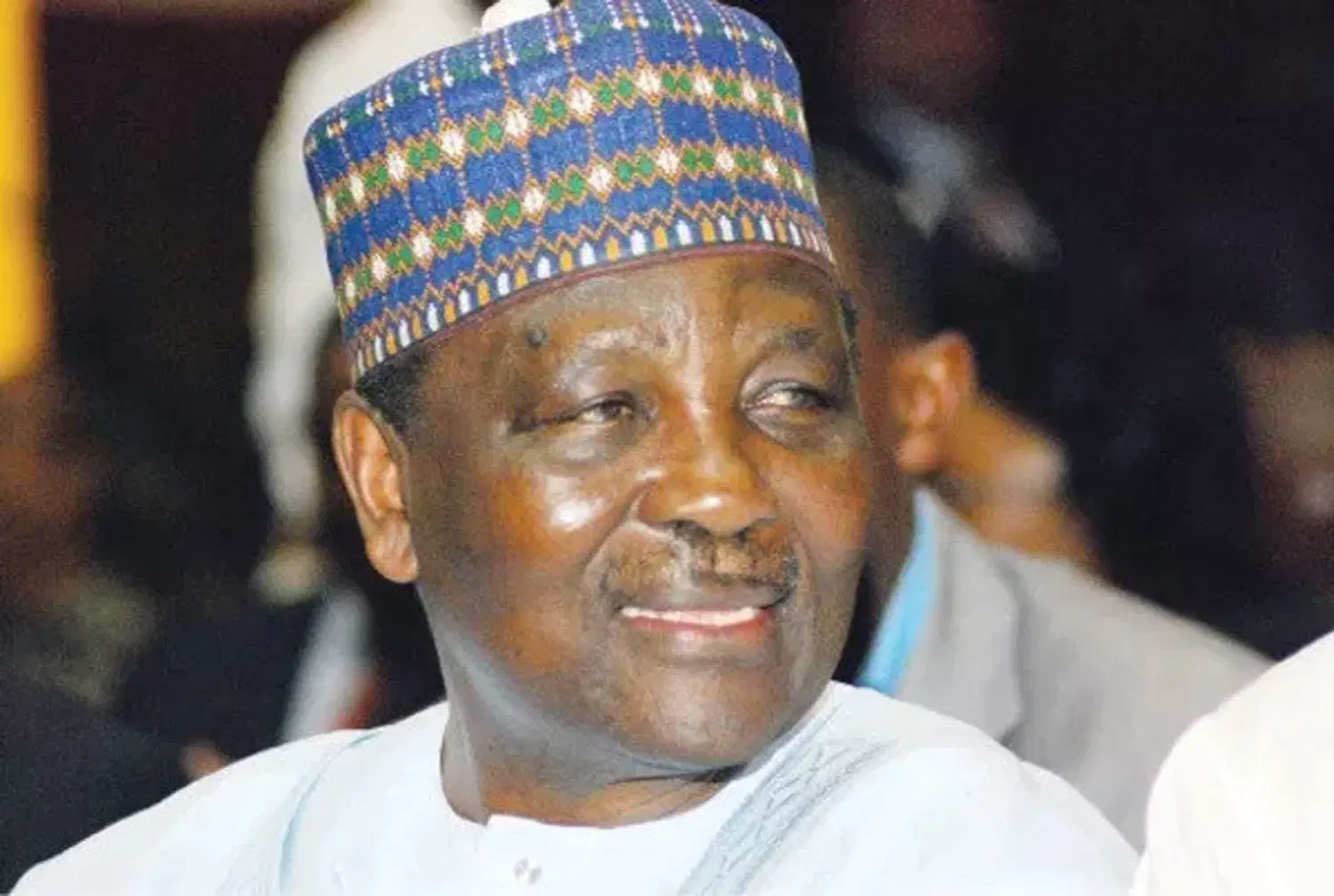The discourse surrounding governance and the restructuring of Nigeria has intensified recently, fueled by ongoing debates and calls for change. However, this conversation often suffers from a lack of depth, relying heavily on rhetoric and superficial exchanges, while ignoring the historical context that has shaped Nigeria’s political landscape. Central to this discussion is the 1999 Constitution, which has faced significant criticism and is frequently labeled as an imposition from a military regime, leading to calls for its abrogation.
Proponents of regionalism and those advocating for the revival of the 2014 National Conference often present these ideas as pathways to a “new and better” Nigeria. However, such proposals must be critically examined, as they risk overlooking the complexities of Nigeria’s historical evolution, including the institutional frameworks that have developed over time. Dismissing the past and expressing condescension towards current realities will not contribute to meaningful progress.
At this critical juncture of uncertainty and agitation, it is essential to reflect on the individuals and events that have significantly impacted Nigeria’s trajectory. Among these figures, General Yakubu Gowon stands out as a pivotal leader whose contributions to nation-building have been invaluable. His leadership during a tumultuous period in Nigeria’s history played a crucial role in maintaining national unity and fostering progress.
Gowon’s legacy is evident in Nigeria’s continued existence as a unified nation, embodying the potential and dignity of the African continent. His vision, integrity, and dedication to the country’s well-being were instrumental in guiding Nigeria through its formative years. Shortly after assuming power, Gowon convened a National Conference aimed at addressing the nation’s future and promoting harmony among its diverse regions. He urged participants to envision a Nigeria that would not jeopardize future generations and cautioned against the dangers of disintegration.
The conference addressed critical issues, proposing various governmental structures to ensure stability and cooperation among Nigeria’s regions. Gowon’s foresight in presenting potential frameworks for governance is particularly relevant today, as the nation grapples with similar challenges. He emphasized the importance of home-grown solutions tailored to Nigeria’s unique context, a perspective that resonates strongly in today’s discussions on restructuring.
Ignoring the lessons of history can lead to repeated mistakes, and Gowon’s insights remain relevant as Nigeria navigates its political challenges. The 1966 Conference examined vital topics such as the division of powers between federal and regional governments, economic policies, taxation, and revenue allocation—issues that continue to spark debate today. The current calls for restructuring, while often framed as new demands, are rooted in longstanding political conversations that have persisted since Nigeria’s independence.
In summary, the journey toward a more cohesive and effective governance framework in Nigeria necessitates a thorough understanding of the past and an acknowledgment of the contributions of key historical figures like General Gowon. Engaging with history can provide valuable insights that inform current efforts, fostering a more mature and productive dialogue on the future of Nigeria.



